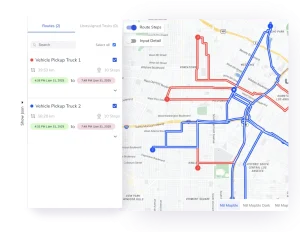Time Management for Leaders

The Time Management for Leaders course offers tips and techniques for effective time management. These techniques can improve productivity and achieve better outcomes for your team. The course is self-paced, and you can complete it in your own time. It includes a certificate of completion. It is available on Energepic and pixels.
Effective time management for leaders starts with understanding how much time is spent on each task. A good leader delegates projects to their team and provides feedback to the team so that they can grow professionally. This approach is especially important in projects where an executive may have too much to do. Delegating tasks can immediately free up time for the executive. Executive coach Marcey Rader says that delegation has a positive impact on time management. Having one-on-one meetings with each team member helps managers understand their strengths and weaknesses.
In addition to identifying priorities, executives should set time limits for each task. They can limit meetings to one hour or limit time spent on charity work or boards. By having specific limits, leaders can avoid rushing and agreeing to things without being prepared. By keeping these limits in mind, leaders can effectively set goals and lay out their overall strategy.
Time management for leaders requires leaders to protect their most valuable time. This is essential because leaders often face the risk of burnout and exhaustion if they don’t reserve time for restoration. In addition, time can be used to pursue hobbies or relax with loved ones. By learning effective time management techniques, leaders can create more time for their families and friends.
In addition to managing time effectively, leaders need to learn to make tough decisions regarding the use of their time. They should be available to support their teams and solve any issues that come their way. If these decisions are made and communicated effectively, leaders can reduce workplace stress and deadline pressure. Ultimately, better time management skills lead to greater performance.
A time management strategy for leaders should include a time block to work on priorities and make decisions. Many leaders are prone to interruptions, last-minute tasks, and constant email notifications. This can distract them from their top priorities. A time block of twenty to thirty minutes daily can help them focus on their work. This also allows them to flag important emails for more attention.
Time management is one of the most important tools for executives. C-level executives are constantly bombarded with tasks, but good time management will help them organize their time and prioritize tasks. By focusing on results, executives can avoid unnecessary distractions and achieve greater efficiency. Moreover, they can see where their teams are wasting time.


